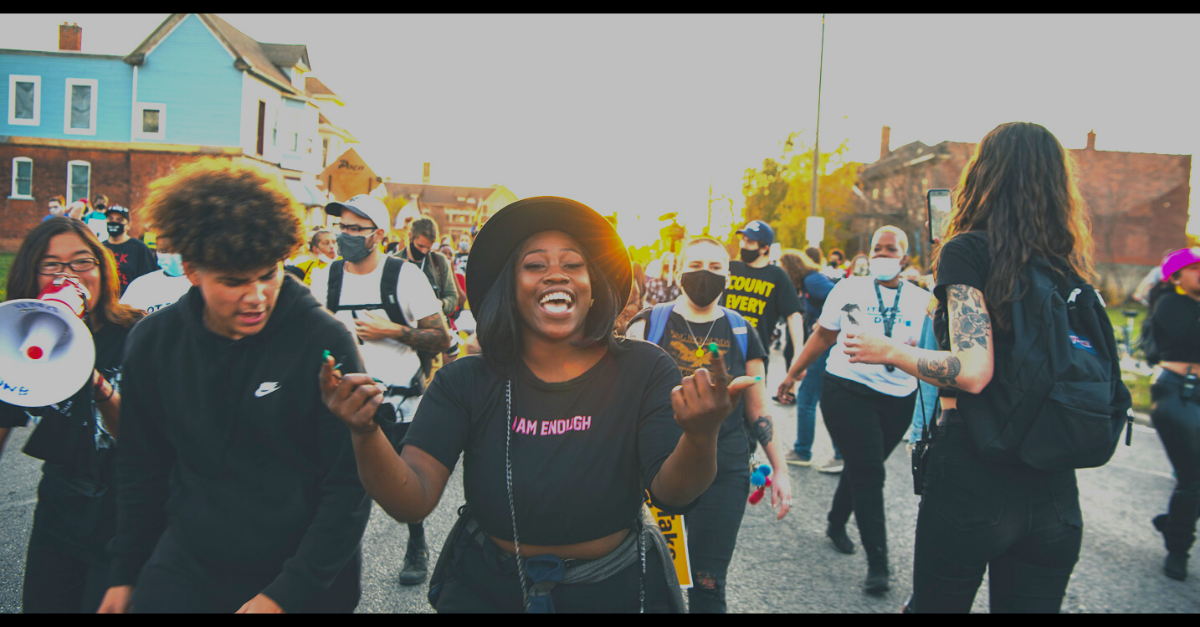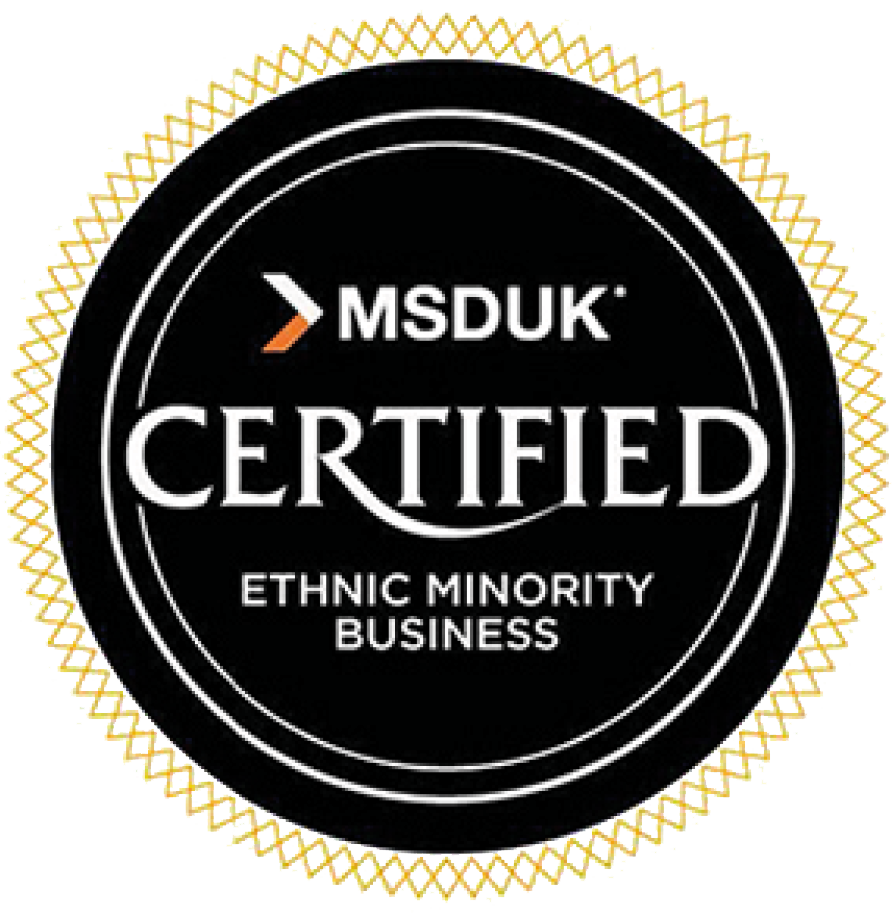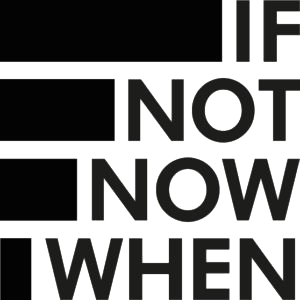A decade on from the Black Lives Matter movement’s inception, INvolve’s Marketing & Communications Manager Neha Vyas discusses whether organizations have really done the work required to effect systemic change for Black employees in business.
Over the last few years conversations around racism and systemic inequality have accelerated. People across the world watched as the deaths of Ahmaud Arbery, George Floyd and Breonna Taylor led to global protests and rightful calls for systemic change in 2020, and similar is currently unfolding with the horrific murder of Tyre Nichols.
Back in 2020, many began to learn about racism and the historical oppression of Black communities and an understanding about our own roles in both perpetuating these inequalities and driving change began to grow. Whether it was books, podcasts or documentaries there was a sincere urge and responsibility to gather information and become well-versed on key phrases like ‘anti-racism’ and ‘institutional racism.’
2023 marks the 10 year anniversary of the Black Lives Matter movement’s inception, a movement motivated into action by the July 2013 acquittal of George Zimmerman who shot and killed teenager Trayvon Martin. The movement’s inception doesn’t signal the beginning of the serious systemic failings across society, but the Black Lives Matter movement was able to mobilize and instil how critical it is for us all to dismantle structures that hold Black communities from thriving. This isn’t just thriving in business, inequalities also exist in places like the education system, healthcare, real estate and property, and policing – to name a few.
10 years on – have businesses embraced their role in changing the world for the better?
Have we, like the Black Lives Matter movement warrants, done the work to ensure Black people are safe and able to thrive?
Systemic failures are not accidental
Often times when systemic inequalities and failures are discussed, we talk about them as though they’re a result of only unintended biases or accidental oversights. That a trickier ascent up the career ladder is a problem with individuals rather than the landscape in which they work. This doesn’t mean that a manager is intentionally side-lining Black members of their team, or that hiring managers are all wilfully excluding Black employees from getting a foot in the door, but that the system within which they operate does and sometimes reinforces the validity of the choices that they make.
In fact in some cases systemic failures across society were once, by design, intentional and we have become complacent in addressing these. For example when looking at housing, lower rates of homeownership for Black people in America can be linked to Jim Crow segregation, red-lining and blatantly anti-Black policies that may not exist in the same extreme way today, but still have very real and residual consequences for Black communities.
When looking at healthcare, some of the failures experienced by Black people are rooted in medical racism and false ideologies that, while no longer practiced explicitly, still exist covertly and affect the level of care Black people can receive.
Structural inequalities within business may also still exist as a result of practices that have not been adequately examined. Consider the effect of real-world, unchecked instances of racism on AI-recruitment technology, in particular Anti-Black racism, because of the lack of checks and balances to ensure that these tools remain fair and impartial.
If the case was always that a broken system was as a result of oversights and accidents only, the issue would likely have been fixed by now. Therefore, the crux of systemic change requires us to honestly scrutinize whether our businesses practices are still rooted in exclusion and if so why, and to put strong strategies for change and accountability in place to eradicate that which is unacceptable.
Systemic change in practice
But how does systemic change begin?
How can you make plans for change both ambitious and practical?
Systemic change requires action and ambition. In a business landscape, this looks like ambitious targets, pay gap reporting, consistently checking in on the progress of initiatives and course correcting swiftly where needed. It also means being honest about what is being done and what isn’t both internally and externally.
We know all too well that DEI work doesn’t remain consistent despite the urgency, but businesses need to treat DEI as a critical and evolving space that requires a concerted and focused attention in order to really make a change.
The first step is the need to establish a clear benchmark for progress. While there has been an uptick in the number of organizations gathering data around employee experiences, representation numbers and the rate of promotion for Black people, more businesses need to get on board.
Qualitative data is also key and providing Black employees with the space to discuss their experiences is required to help further ground action in accountability both through recognizing expectations and understanding their experiences.
Systemic change requires more than just a soft touch and providing employees with short-term solutions or tick-box exercises. The urgency for change must be met by decisive action and strong, solutions.
Changing the landscape through talent development
Conversations surrounding talent development programs, sponsoring and even positive action are anchored in the importance of equity.
Equity in business is the practice of providing historically marginalized groups with the tools to succeed that can then foster inclusive and equal workplaces. It requires business leaders to recognize that not everyone begins their professional careers on the same footing, and that this can detrimentally affect progression if interventions aren’t implemented to provide them with opportunities for growth.
Strong initiatives and talent development programs are key to driving significant and tangible progress through providing Black employees with the tools and support to enable their own career progress. Black employees must have the opportunity to learn from their peers, engage with role models and senior figures in business and should be able to consistently hone skills that will only enhance their leadership potential.
When it comes to sponsorship, only 5% of Black employees will succeed in winning a sponsorship opportunity despite evidence that managers who are sponsored are 65% more likely to progress within their careers. With a lack of Black managers and senior leaders for junior talent to seek sponsorship from and the unfortunate truth that white advocates are less likely to sponsor Black talent organically, organizations need to put sponsorship initiatives in place to drive to drive equity within their workplaces.
Talent development programs that lead to tangible progress are just one example of how a business’ proactive work for inclusion has wider positive impacts across society. We know that progression and increased career opportunities for Black people lead to better financial and social mobility. Dismantling systemic inequalities within the workplace through equitable interventions only increases the overall safety, opportunity, and progression of Black communities.
Virtue signalling and half-hearted approaches to change are not welcome and the time for making excuses has long gone. Black communities deserve better across every structure within society. Therefore, business leaders and allies must step up and be ambitious and accountable for change and honest about the work that still needs to be done.
As said by the Black Lives Matter movement’s Founders, “Black Lives Matter is an ideological and political intervention in a world where Black lives are systematically and intentionally targeted for demise. It is an affirmation of Black folks’ humanity, our contributions to society and our resilience in the face of deadly oppression.”
What is a better time that Black History Month than to affirm our Black communities, recognize their value, uplift their achievements and above all commit to making the world safer and more equal for them.
Committed to driving inclusion for your Black employees? Get in touch with INvolve to learn more about our trainings and workshops, RADAR, talent development programs and wider inclusion solutions to drive systemic change within your organization.




